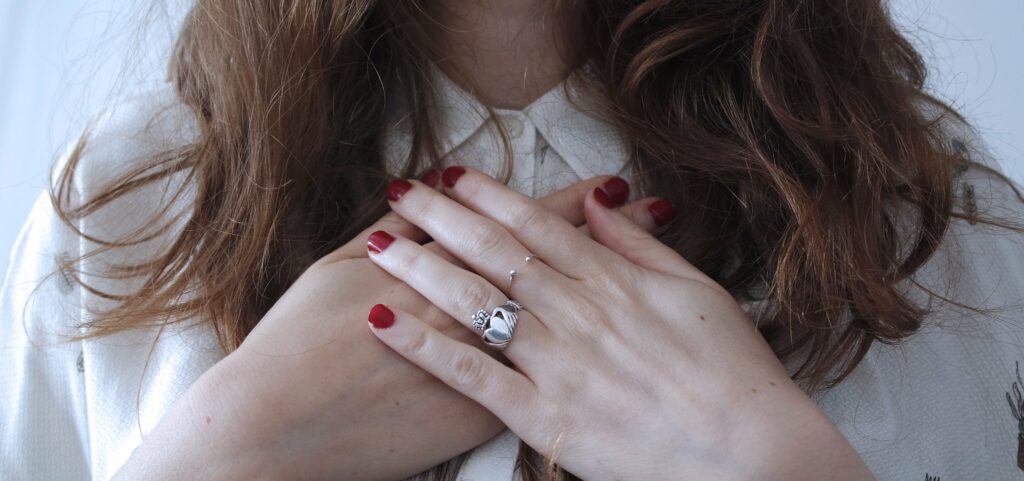The arms in body language: the meaning of crossing arms

“Please, don’t cross your arms because you’re closing in or blocking out to other people”. Do these words sound familiar to you? If your answer was yes, you must keep reading this article and find out what this common act of crossing arms really means and learn a little bit more about some meanings of the arms in body language.
The arms in body language: the meaning of crossing arms
Hug yourself
We cross our arms much more often in public than alone. Do you know why? The simplest meaning of this gesture in situations where you are exposing yourself to more people is to hug yourself as it gives you comfort at any time.
Receive all our tips by email!
Love Astrology? Subscribe Now and Receive Exclusive Content!
With this, your intention is not to drive anyone away, as you just seek a little comfort. I encourage you to take the test when you see someone in this position: ask them if they are comfortable.
How can we identify this kind of gesture? Self-hugging is one of the automatic exits that we usually have in our body posture to feel comfortable.
See also: Body language, how to interpret people’s minds
Reduce stress
When you feel stressed, crossing your arms is a great way for your hands to give you a very subtle soothing and comforting slap.
Feeling these pats soothes and soothes us. It’ similar to what we feel when we rub our hands. In this case it is not about blockages or comfort, but anxiety.
How can you identify it? We can see this quickly: it’s a movement of a few seconds that carries a great emotional load. The body receives the sensation of tranquility from the other person.
Warm up
Sometimes we may be thinking that the person with his arms crossed in front of us does not agree with what we think or what we say, but the truth is that sometimes there is other and simpler explanation for that movement: the other person is simply feeling cold.
How can you identify that? When we cross our arms in cold, we tend to strain our shoulders and upper back. Not only if you cross your arms, but you also shrug your shoulders and keep them tense as a way of generating and maintaining warmth.

Hide insecurity
People who feel insecure and need to protect themselves usually cross their arms to feel less exposed. On the other hand, people who are uncomfortable or threatened by others will make this gesture as a sign of defense. This type of gesture is evidenced by the shoulders, which do not rise and go forward, and the slightly curved body.
Extreme fear
Crossing your arms can mean that you are experiencing tremendous fear, a major concern that instantly makes you cross your arms over your chest to protect your internal organs. This type of hug comes with manipulative gestures: touching the face and neck, tightening the lips and having micro expressions of fear.
Self-control
Sometimes we cross our arms when we feel irritated or upset. A clear example is when we ask children to do something they do not want to do. With this gesture we also allow ourselves to communicate annoyance without having to say a word. For adults, they do this when they feel frustrated and want to control themselves.
Transmit power
Do you know how to transmit power with nonverbal language? Using a pose where you put your elbows out, and where to cross your arms is a strong demonstration of personality. Crossing your arms makes your ribcage look bigger and more robust. You can identify it when you do it on your chest rather than your solar plexus.
Nonverbal language is still a taboo in our society. Many people seems to don’t understand the meaning of the gestures that we express, and we are often misinterpreted. As we have seen, a person who crosses his arms may be simply feeling cold.
You may also like:
- The eyes in body language: know exactly what other people are thinking
- Signs of a fake friend: how to identify them and avoid them
- Strong women: 10 qualities that define them
- 6 types of energy vampires and how to avoid them

